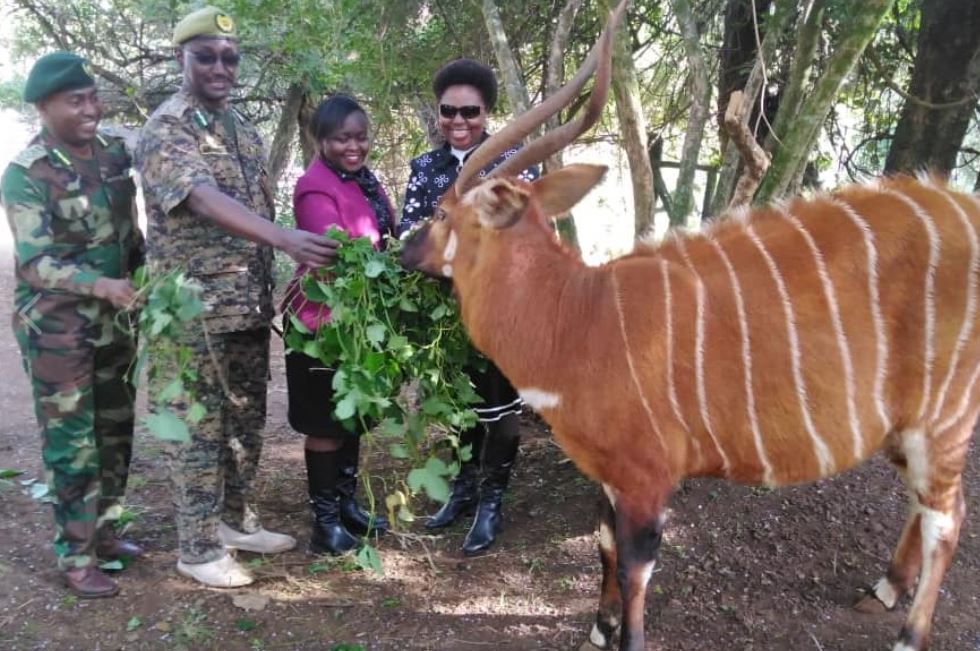×
The Standard e-Paper
Join Thousands Daily

The Kenya Forest Service has allocated 776 acres within the Mt. Kenya Forest ecosystem for Mountain Bongo conservation.
The land will be used for expansion of the current Bongo sanctuary and also will be fenced and paddocked to allow for breeding.